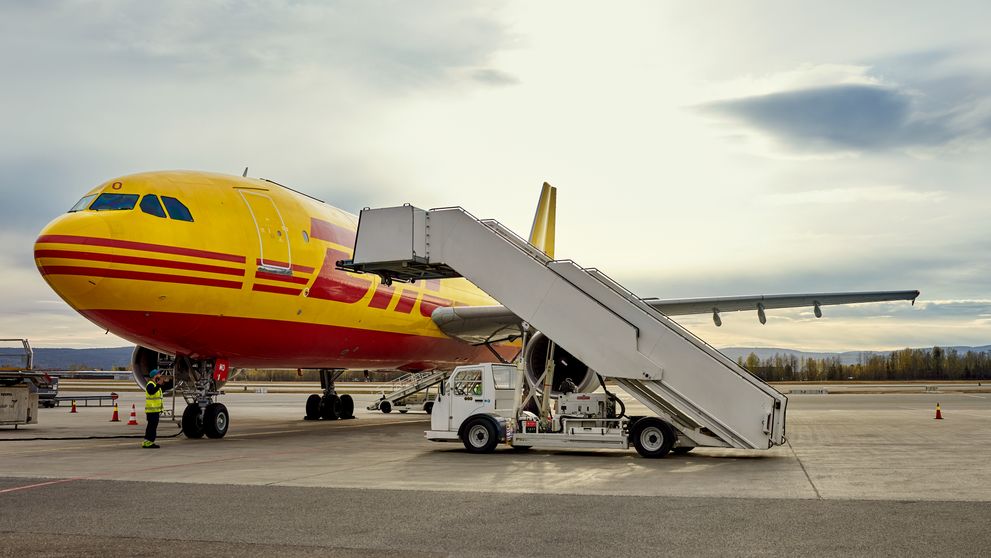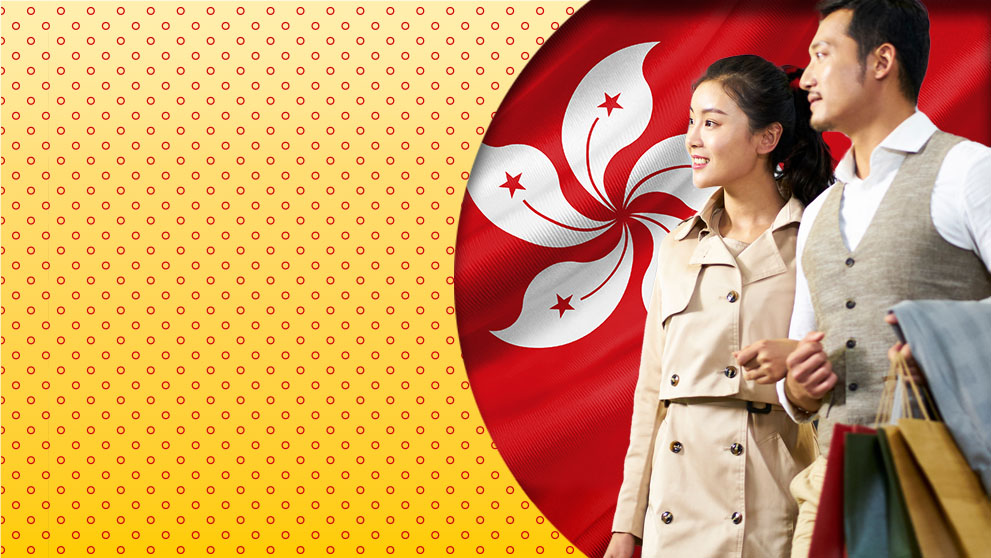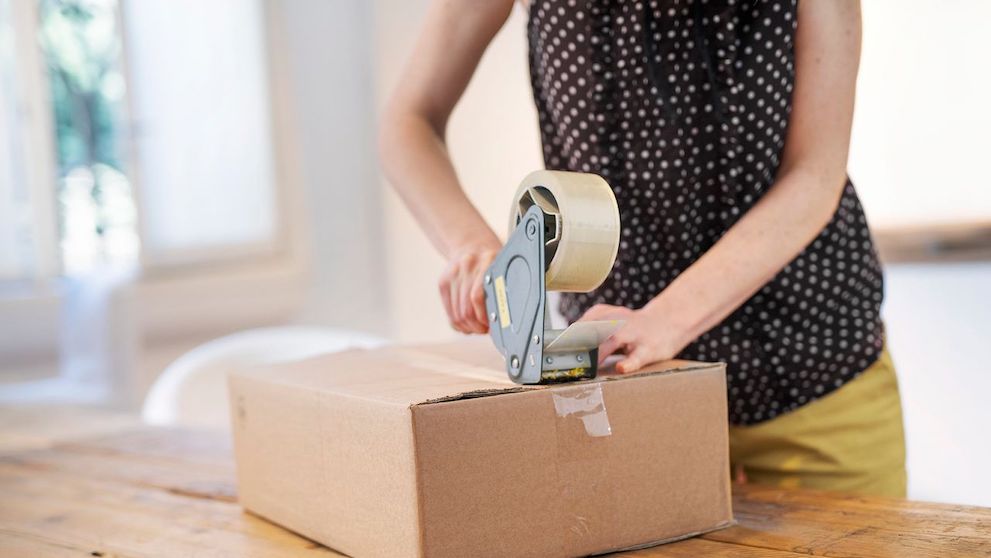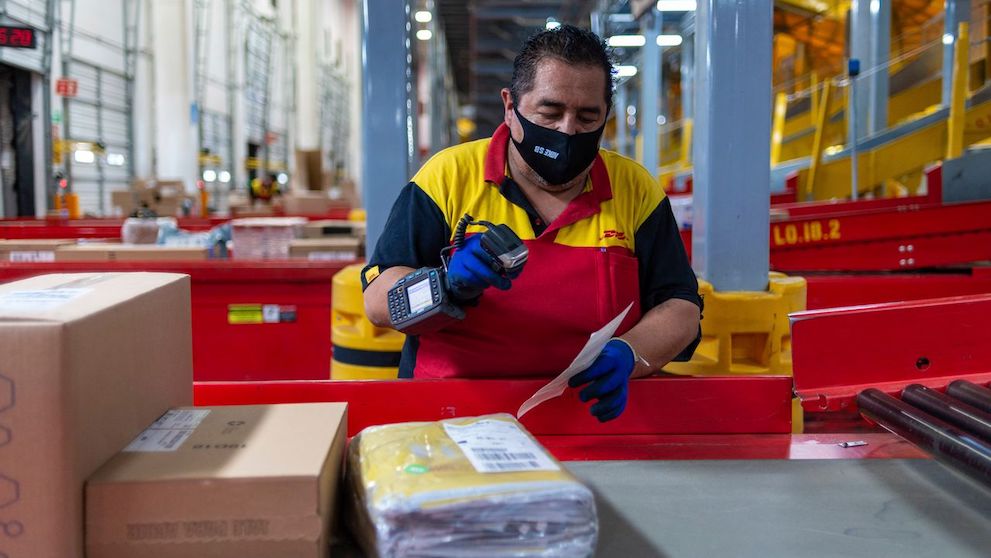As trade between Australia and Indonesia flourishes, understanding the nuances of overseas shipping and customs regulations is crucial for business success. Dive into our comprehensive guide to streamline your export process – from documentation to delivery.
Amidst strengthening economic ties, Indonesia has become an increasingly crucial market for Australian businesses, catalysed by the vibrant trade relationship and the strategic benefits of agreements like the Indonesia-Australia Comprehensive Economic Partnership Agreement (IA-CEPA) and the ASEAN Australia New Zealand Free Trade Area (AANZFTA). This robust partnership is supported by a diverse range of exports from Australia to Indonesia, spanning sectors from technology to agriculture, making it essential for businesses to understand the nuances of Indonesia’s customs regulations for international delivery.
This guide aims to provide comprehensive insights into the process of shipping from Australia to Indonesia, setting the stage for Australian businesses to navigate this promising market effectively and capitalise on the opportunities it presents.
Australia and Indonesia – A strengthening trade relationship
The economic ties between Australia and Indonesia have seen substantial growth, significantly bolstered by the IA-CEPA and AANZFTA. This agreement has streamlined the trading processes, creating ample opportunities in prominent industries. In 2023, Indonesia witnessed a sharp increase in imports, which soared to US$237.4 billion, up by 25.8% from US$188.7 billion in 2018, as per an article by Shanghai Tendata highlighting the country's expanding market demands.
Key import categories have included high-tech products and essential agricultural goods, with computers and electronic equipment making up US$31.6 billion of the imports and cereals accounting for US$4.5 billion. This surge reflects Indonesia's robust economic environment and presents Australian businesses with a lucrative opportunity to tap into a growing market that values diversity in its import spectrum, from technology to food products, underpinned by the aforementioned favourable trade conditions.
This evolving partnership underscores the potential for broader economic integration between the two nations, making it a critical juncture for businesses in Australia looking to expand their reach into Indonesia.
Popular products Australia exports to Indonesia
In 2023, Australia's exports to Indonesia showcased a robust market presence, totalling US$7.48 billion, according to Trading Economics. The leading products included mineral fuels and oils, which alone accounted for US$1.78 billion, followed by cereals at US$1.33 billion, and electronic equipment at US$74.68 million.
The Indonesian market's diverse needs reflect a strong demand across various sectors, notably in the fast-moving consumer goods (FMCG) sector where food items are pivotal, accounting for approximately 20% of household expenditure.
Additionally, the shift towards digitalisation in Indonesian daily life has significantly increased the demand for Australian technological and digital services. This trend aligns well with the evolving e-commerce landscape, indicating a growing opportunity for Australian exporters to tap into a market that is increasingly leaning towards sophisticated and diverse product offerings.
Navigating customs when shipping from Australia to Indonesia
Understanding international shipping basics along with Indonesia’s customs regulations is pivotal for smooth market entry and compliance. Here’s what you should know:
1. Prohibited and restricted goods
Understanding and adhering to the restrictions and prohibitions set by Indonesian customs is vital when shipping to Indonesia from Australia. Indonesia imposes strict controls on certain items that include live animals, fish, birds, and electronic cigarettes, as well as financial instruments like blank, cancelled, or cashier checks.
Additionally, the Ministry of Trade (MoT) under Regulation 18 specifically prohibits the importation of key commodities such as sugar, rice, and hand tools, as per data from the International Trade Administration. Familiarity with these regulations is crucial for ensuring compliance and avoiding potential shipment delays, penalties, or legal issues.
By comprehensively understanding the Indonesia customs regulations, exporters can ensure their shipments meet all legal standards, facilitating smoother international delivery. This knowledge not only aids in maintaining compliance but also helps in strategising more effective shipping from Australia to Indonesia, ensuring that all goods arrive without complications.
2. Customs duties and taxes
All imports into Indonesia are subject to several layers of fees including Cost, Insurance, and Freight (CIF) duty, Value-Added Tax (VAT), Excise, and Sales Tax, which are calculated based on the complete shipping value that encompasses the total cost of the goods, along with freight and insurance costs.
CIF duty rates can vary significantly, ranging from 0% to 40%, depending on the type of goods being shipped. For example, books, laptops, and other electronic products may qualify for duty-free importation, whereas luxury cars can attract duties between 150-200%, and alcoholic beverages and branded shoes are subject to 5-20% and 40% duties respectively.
Moreover, all imported goods are levied with an 11% VAT, or a reduced rate of 0%-5% calculated from the CIF value and duty. Certain products are also subject to Excise rates aimed at controlling the import and consumption of specific goods such as ethyl alcohol and tobacco products.
Additionally, the Sales Tax on Luxury Goods (STLG) applies to selected luxury items at rates from 10%-75% based on the CIF value and duty.
It’s also essential to utilise accurate Harmonized System (HS) codes for determining these applicable duties and to understand the benefits under the IA-CEPA, which can significantly reduce customs tariffs. Notably, imports with a product value up to US$50 are exempt from CIF duties but may still incur VAT, excise, and sales taxes if applicable. Thorough understanding and compliance with these regulations are essential to avoid fines, penalties, or confiscation of goods, thereby ensuring cost-effective and compliant shipping from Australia to Indonesia.
3. Documentation requirements
Ensuring accurate and comprehensive import documentation is crucial for smooth customs clearance when shipping from Australia to Indonesia. Effective from 1 August 2021, Indonesia's updated customs regulations mandate that all shipments must include the Indonesian Tax ID Number (NPWP - Nomor Pokok Wajib Pajak) and the Single Business Number (NIB).
For businesses, this means providing the NPWP for both importing and exporting activities. Private individuals, on the other hand, can use additional forms of identification such as the Indonesian ID Number (NIK - Nomor Induk Kependudukan), an Indonesian driver’s licence, or a passport number for foreigners.
The documentation required to facilitate compliance and streamline the import procedure in Indonesia includes a comprehensive set of documents: purchase orders, packing lists, commercial invoices, certificates of origin, bills of lading or airway bills, receipts of payment for import duties and taxes, and other relevant permits based on specific Harmonized System (HS) Codes.
For example, items under HS code: 9503.00.10 such as tricycles and scooters require a survey report and an SNI (Indonesian National Standard) certificate from the Ministry of Trade.
4. Packaging of parcels
The integrity of your parcel during transit and upon arrival heavily depends on how well it is packed, potentially influencing customs clearance processes in Indonesia. Here are some packaging tips to ensure your parcels meets both protection and compliance requirements:
- Use durable materials: Select boxes made of strong corrugated cardboard, especially for heavier items. Ensure that the boxes are new or in good condition without any tears, dents, or previous shipping labels.
- Provide adequate cushioning: Fill spaces with sufficient cushioning materials such as bubble wrap, foam, or packing peanuts to prevent items from moving around inside the box.
- Seal securely: Tape all openings and seams of the box with strong shipping tape to prevent it from opening during handling.
- Label correctly: Ensure all labels are clear and visible. Include all necessary information such as sender and recipient addresses, a detailed description of the contents for customs declaration, and any handling instructions.
- Adhere to size and weight restrictions: Be aware of the size and weight limits for overseas shipping and adjust your packaging accordingly to avoid extra charges or rejection at the point of shipment.
- Consider environmental factors: If shipping sensitive items, consider factors such as humidity, temperature fluctuations, and long transit times which are typical when shipping from Australia to Indonesia.
- Compliance with regulations: Ensure that the packaging complies with any specific Indonesian customs regulations, particularly when shipping restricted items that may require additional seals or packaging standards.
By following these guidelines, you can minimise the risk of damage and ensure that your parcels arrive in excellent condition, thereby reducing the likelihood of delays in customs clearance when shipping from Australia to Indonesia.




























